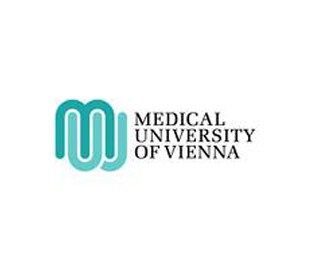
The cooling technique is known as therapeutic hypothermia. Lead author of the study, Jasmin Arrich seems to have explained therapeutic hypothermia as a simple method to improve the outcome after cardiac arrest by making use of ice packs, cooling pads or water immersion.
Additionally, it could be done by cooling the body directly using cold IV fluids or catheters. Catheters are known to lower the blood’s temperature directly. It’s like putting the brain into hibernation while the body clears toxins that may build up in the body during the cardiac arrest.
“It is one of the most successful treatment options for patients after cardiac arrest. Clinical studies showed that by cooling the body after cardiac arrest to 33 degrees Celsius (91 degrees Fahrenheit) for 24 hours, patients are 40 percent to 80 percent more likely to leave the hospital without a major handicap,†says lead author Jasmin Arrich, M.D., a researcher at the Medical University of Vienna in Austria.
For the purpose of the study, Arrich along with her colleagues shared information from three studies of approximately 481 patients. These patients were believed to have suffered cardiac arrest who underwent CPR and had their hearts functional again. The study experts found that those who received hypothermia treatments were 55 percent more prone to attain a high brain function test score during their hospital stay as compared to those receiving standard care. Moreover, they were 35 percent more likely to survive hospital discharge. They found no evidence of increased side effects in those who had the therapy.
“If patients suffer from sudden cardiac death, the best way to save their life and to prevent brain damage is to start with basic life support immediately and call professional help. After successful resuscitation, treatment with mild hypothermia may further help to improve outcome. Of course, in this situation, patients are usually unable to decide about their treatment; therefore it is usually a physician’s task,†elucidates Arrich.
Clifton Callaway, M.D., an associate professor of emergency medicine at the University of Pittsburgh School of Medicine, said that, “Mild hypothermia for those successfully revived from cardiac arrest improves survival. Perhaps more important, it also decreases brain injury, so that the person can go back home fully intact mentally and physically.â€
Many patients and their families are noted to be concerned about treatments which might increase survival following a heart attack. However, those treatments could lead to severe brain injury.
“For a couple decades we have made strides in saving the heart so that most people ask doctors about things like clot dissolving medications or bypass surgery. Now there is treatment for the brain as well and family members should be expecting it and demanding it be made available,†continues Callaway.
David Beiser, M.D., an assistant professor of medicine at the Emergency Resuscitation Center of the University of Chicago stated that the study seems to support the standards of care the American Heart Association specified in the year 2005.
Beiser said that, “If a loved one is not at a hospital that has a cooling protocol in place, family should ask about the feasibility of a quick transfer to a center that is familiar with therapeutic hypothermia. At this point, this is what I would recommend — and have recommended — to a friend or loved one.â€
However not all hospitals may have the ability to cool quickly the patients who have been successfully resuscitated. Allegedly, he compares this to the trauma system where not every community has the resources required to run a Level 1 Center.
Callaway was of the opinion that the study results confirm the usefulness of what many physicians by now felt was the best practice. Systematic analysis like this one seems to draw evidence-based conclusions about medical practice after considering both the content and quality of accessible medical tests on a topic.
The findings of the study have been published in the latest issue of The Cochrane Library.
